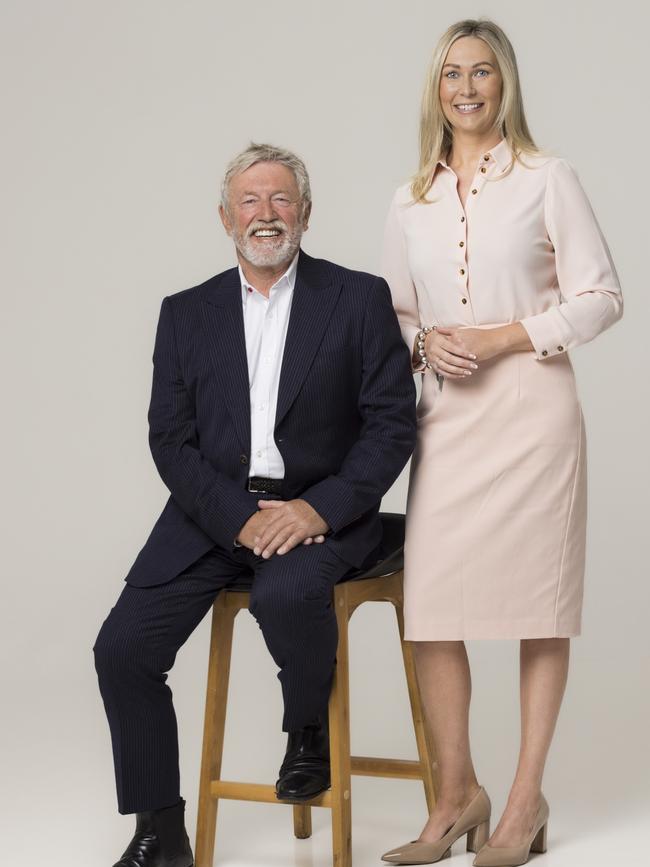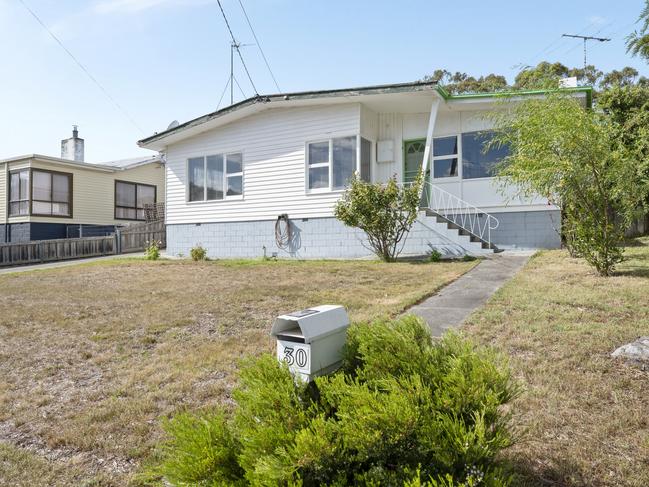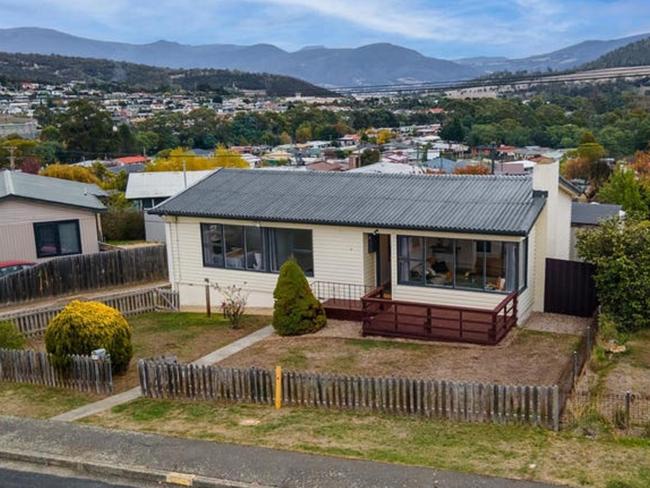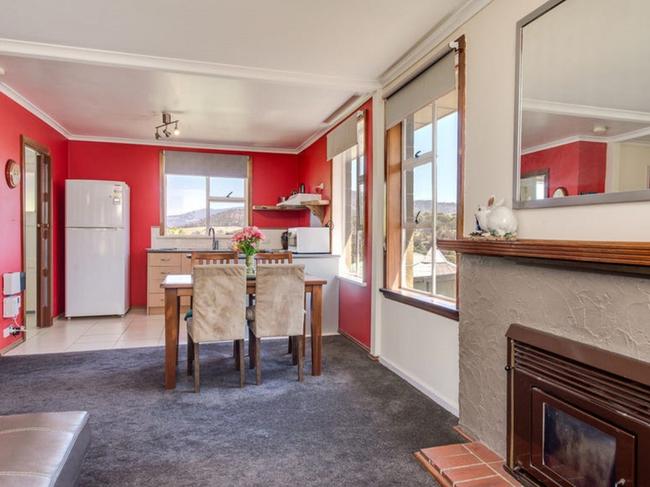Buy versus rent: Shock figures spotlight homeownership challenge
In 98 per cent of Hobart suburbs, homebuyers would have more money to live on each month if they rent instead. Search your suburb
Property
Don't miss out on the headlines from Property. Followed categories will be added to My News.
THERE will be more wriggle room in a family budget for most budding homebuyers if they choose to rent instead.
This was the shocking takeaway from the latest Compare The Market analysis of rental costs when compared to servicing a typical mortgage in 55 Hobart suburbs.
Only houses in Risdon Vale on the Eastern Shore were more affordable to pay a loan off compared to renting, despite the suburb’s median price growing by 65 per cent in just five years. The gap was $144 per month.
In Bridgewater, the difference was just $90 per month, close enough for some buyers to consider the jump from the rental market.
The savings in Rokeby, Chigwell, Warrane and Primrose Sands houses ranged from $207 to $234.
In Sandy Bay, monthly loan repayments came in at $6125 and rent $2954; an eye-watering $3168 per month potential saving.
The data showed 13 Hobart suburbs where the gap between buy and rent was in excess of $1000, including Tranmere, Kingston Beach and West Hobart where renters could save between $1799 and $2442 monthly.

Compare the Market property expert Andrew Winter said rising interest rates and soaring property prices mean that most buyers coming into the market today will spend more on their mortgage repayments than they would on their monthly rent.
However, owning a property still has advantages, he said, if buyers have a deposit saved and can afford to meet the repayments.
“In the vast majority of cases, if you hold on for a decade or two, you’ll reap rewards in equity,” Mr Winter said.
“The median house and unit value in Australia increased 72 per cent in the decade to 2022, putting hundreds of thousands of property owners on the path to financial freedom.
“If you’re lucky, you might be able to find a property where the distance between rental payments and mortgage repayments is close.
“But in many cases, you’ll need to stretch your budget a bit further to make it work.”
MORE: Is that a VW Kombi parked in your entertainment area?
One strong bid to buy Toyota Devonport dealership site

Peterswald property consultant Jess Hansen said there were pros and cons to consider with any housing move.
Ms Hansen said owning outright provides stability and potential for capital growth over time.
However, she said renters might be attracted to the flexibility it offers, being able to move if they wish to, or to rent in an area that they may not be able to afford to buy in.
“There can be cost savings, such as not having to pay rates, or walking to work instead of driving,” she said.
“Renting also provides the chance to ‘test’ a suburb before purchasing there.”



While renting is more affordable than buying, PropTrack figures show Hobart rents are not cheap, having grown in recent years to be similar to Melbourne and Adelaide.
The current median rent in greater Hobart is $520 per week and $430 in regional Tasmania, per PropTrack. Hobart’s median house price is $711,000, and units $541,000.
New PropTrack data shows Hobart had the nation’s highest quarterly increase in its vacancy rate, while still being low at 1.35 per cent.
PropTrack economist Anne Flaherty said rental conditions remain “incredibly tough”, with the figure being “less than half” of the level that is considered a healthy rate of vacancy.
MORE: AI expert talks real estate’s bold future
REIT report: More first-time home buyers get foot on ladder

When planning on making the move from renting to homeownership, Mr Winter said comparing lenders and choosing a competitive home loan rate can make a big difference in mortgage affordability.
This is especially so now that the RBA isn’t expected to move on the cash rate for some time, he said.
“Consider stress testing your budget against higher interest rates,” Mr Winter said.
“Banks and lenders will generally apply a 3 per cent serviceability buffer for you, but it’s important to make sure that you could still afford your repayments should your circumstances change, if you lost your job, or if you ever had a financial emergency.”





